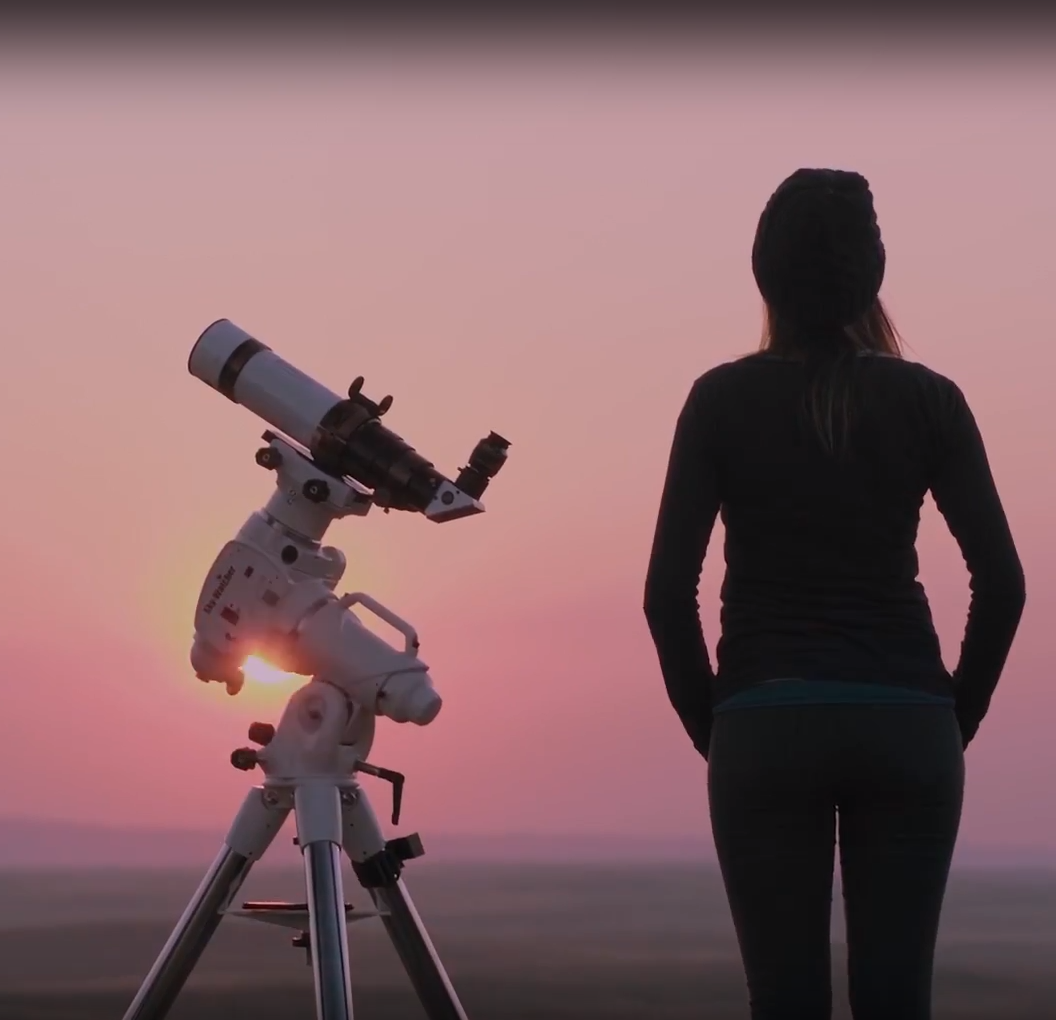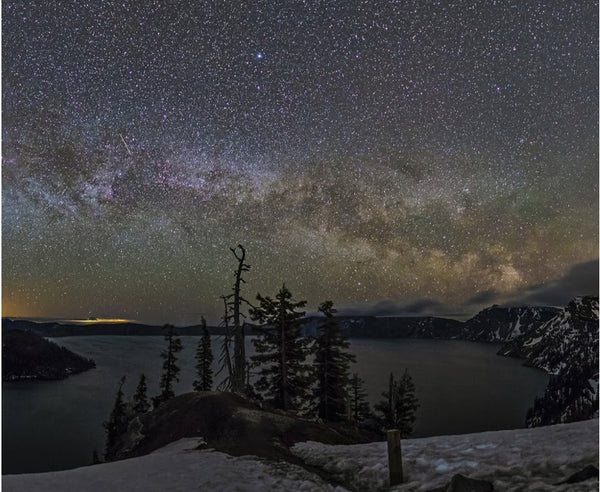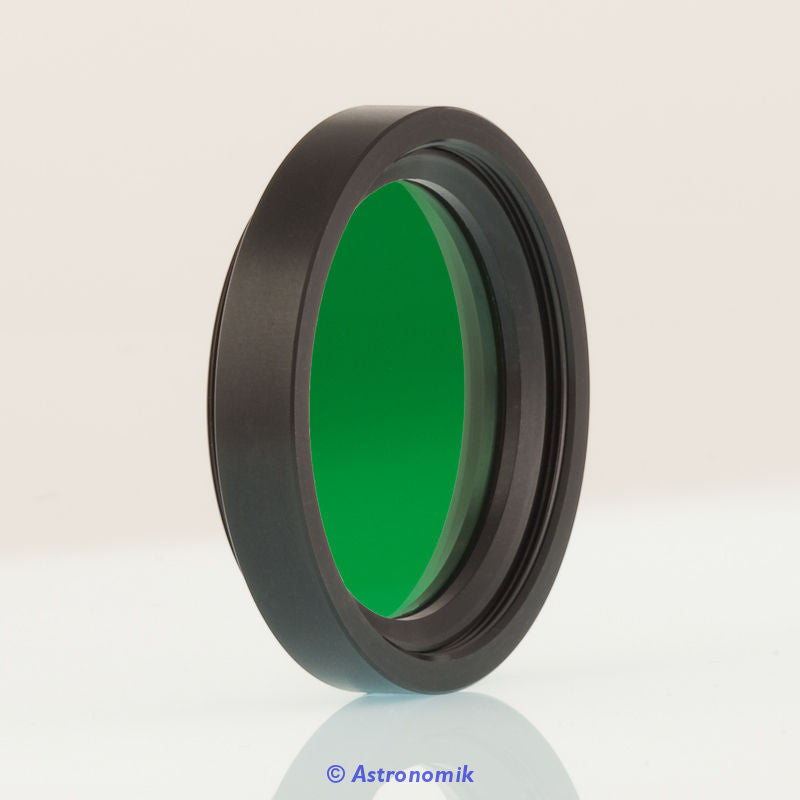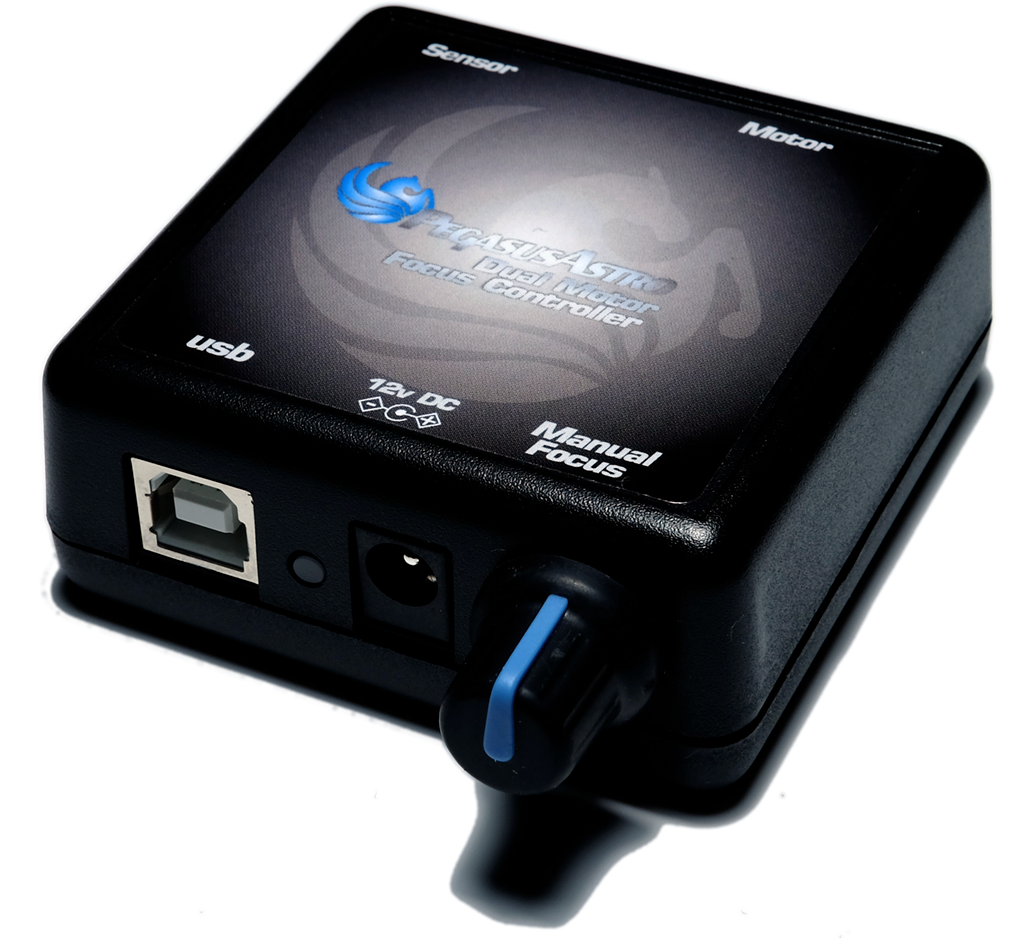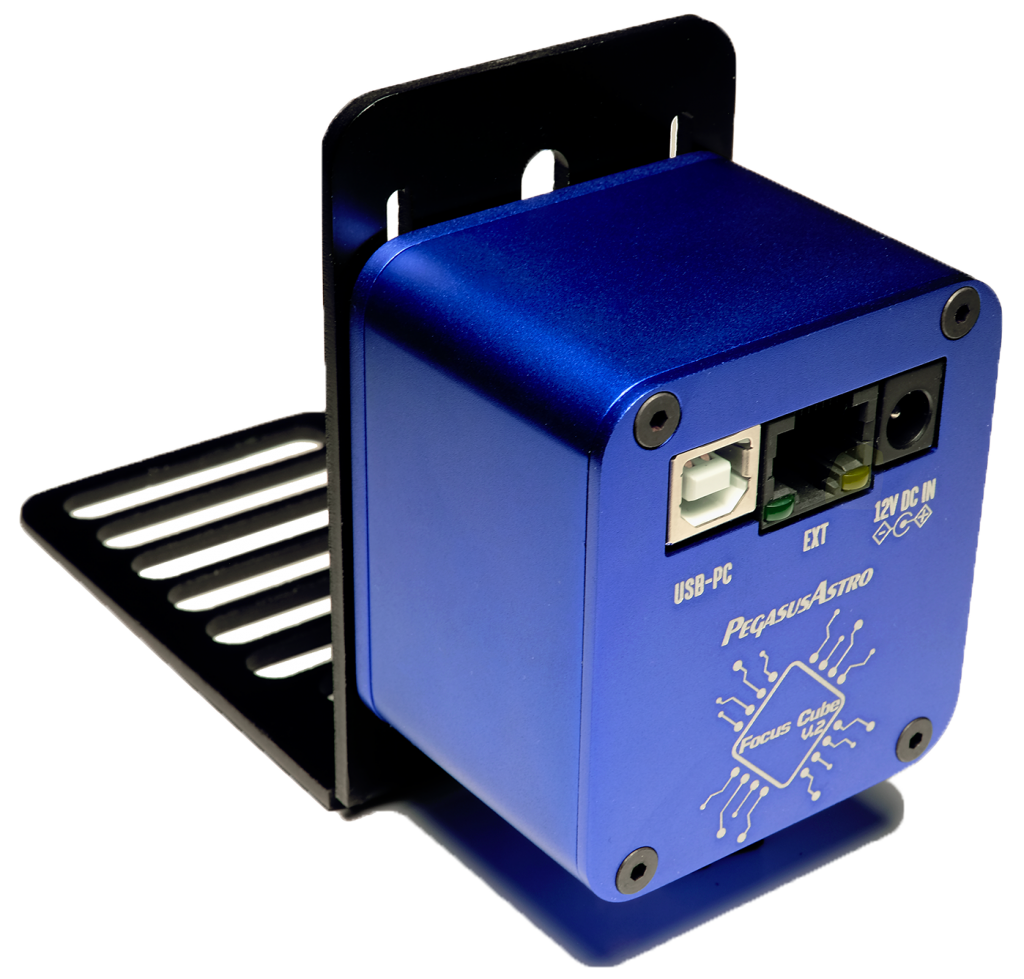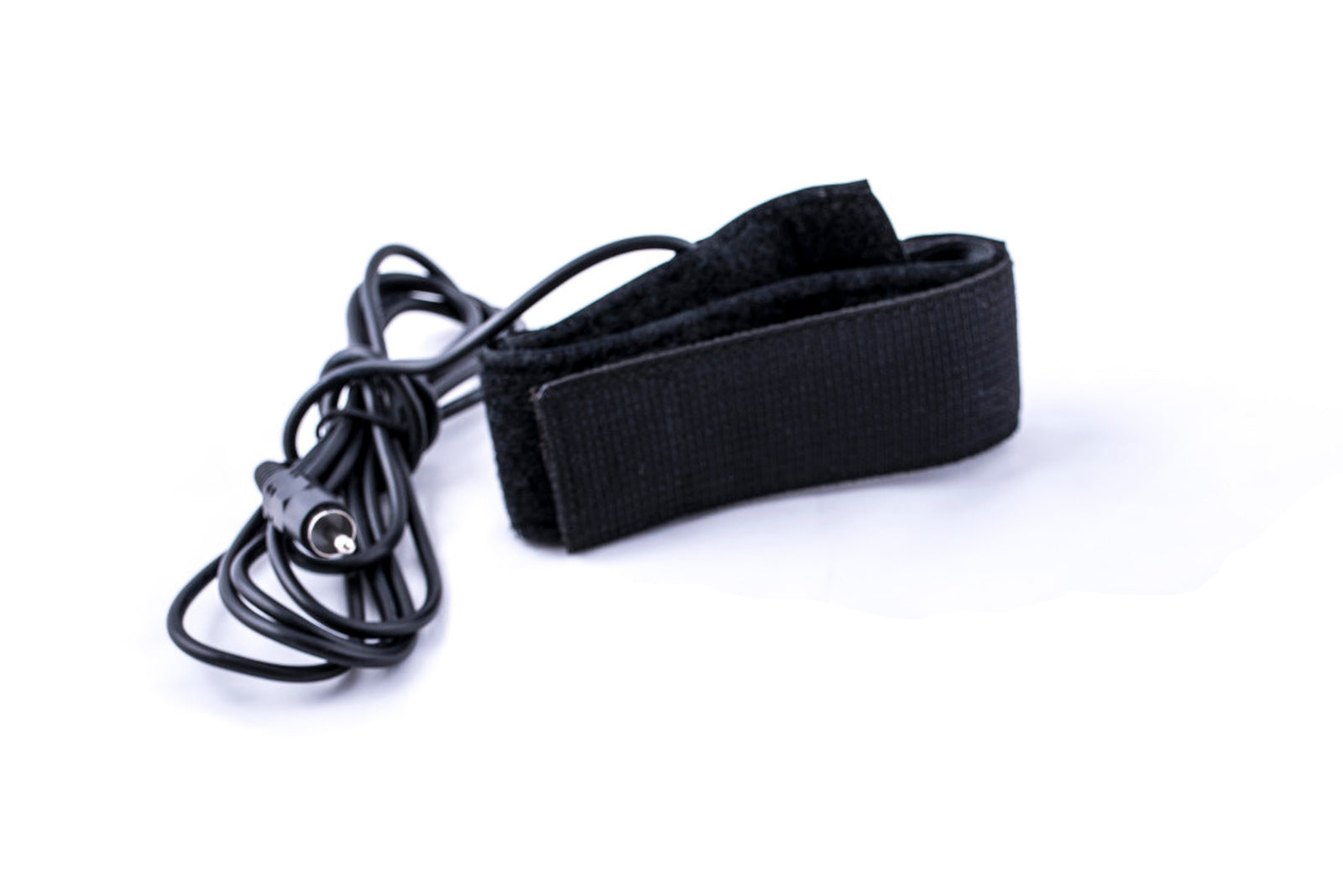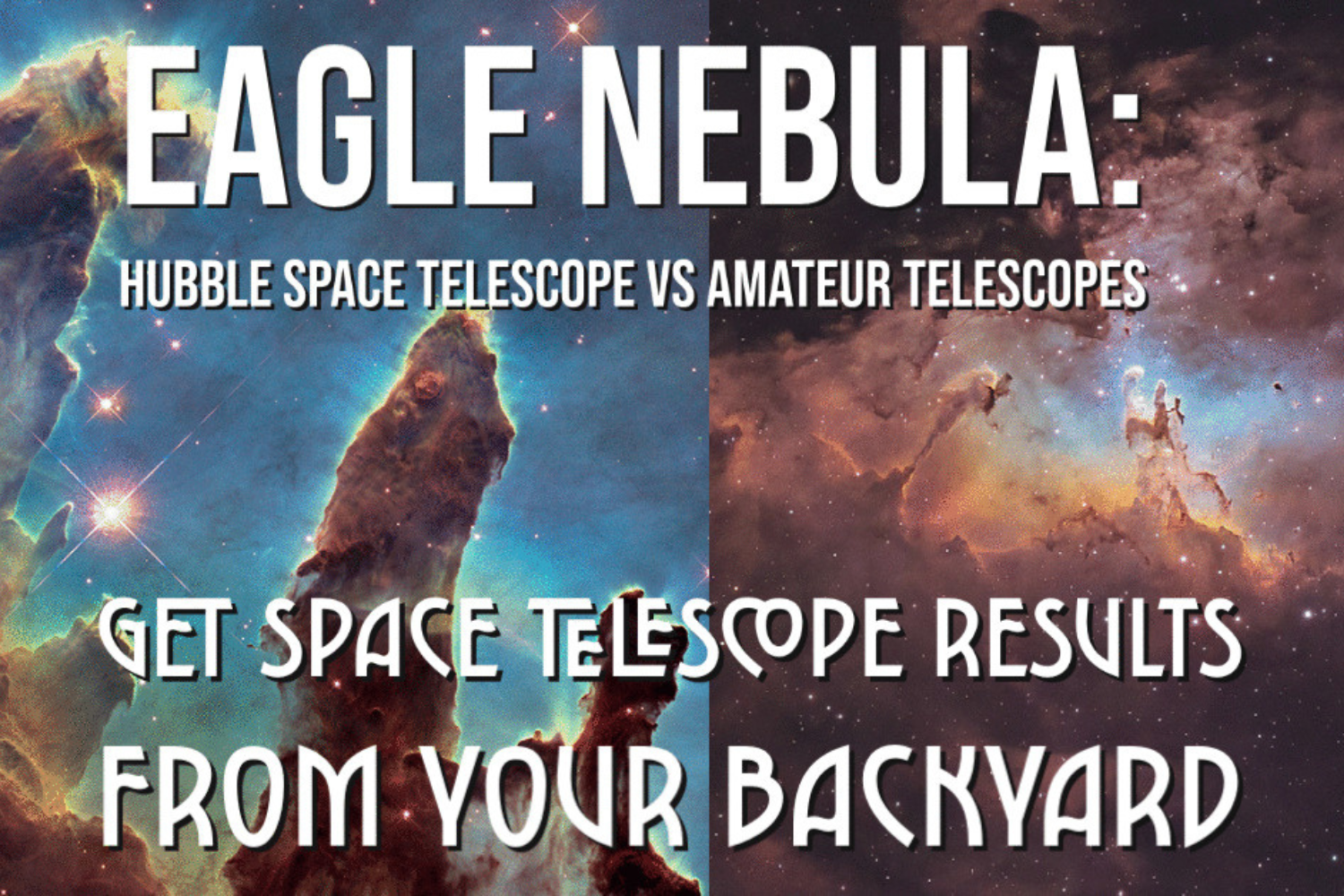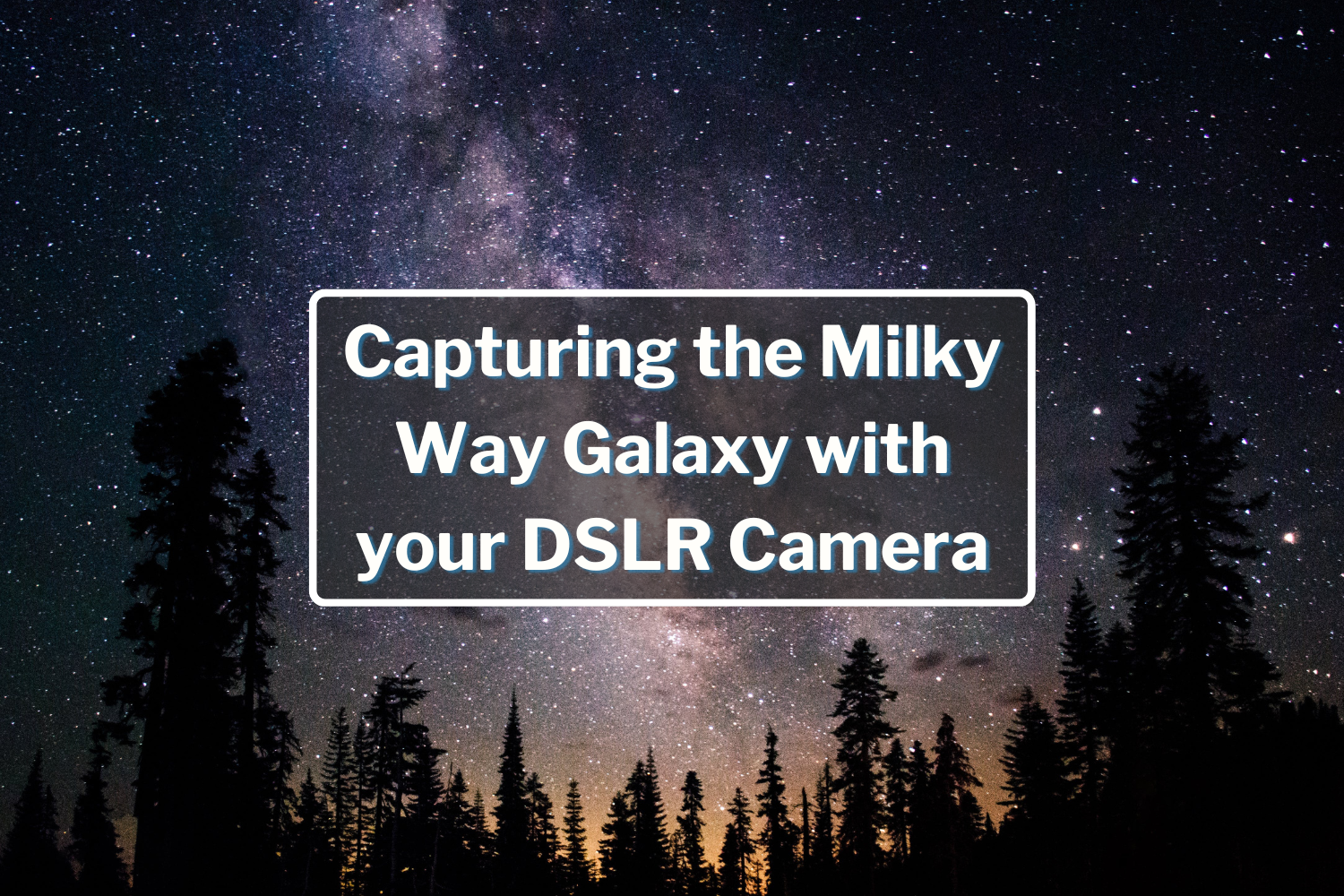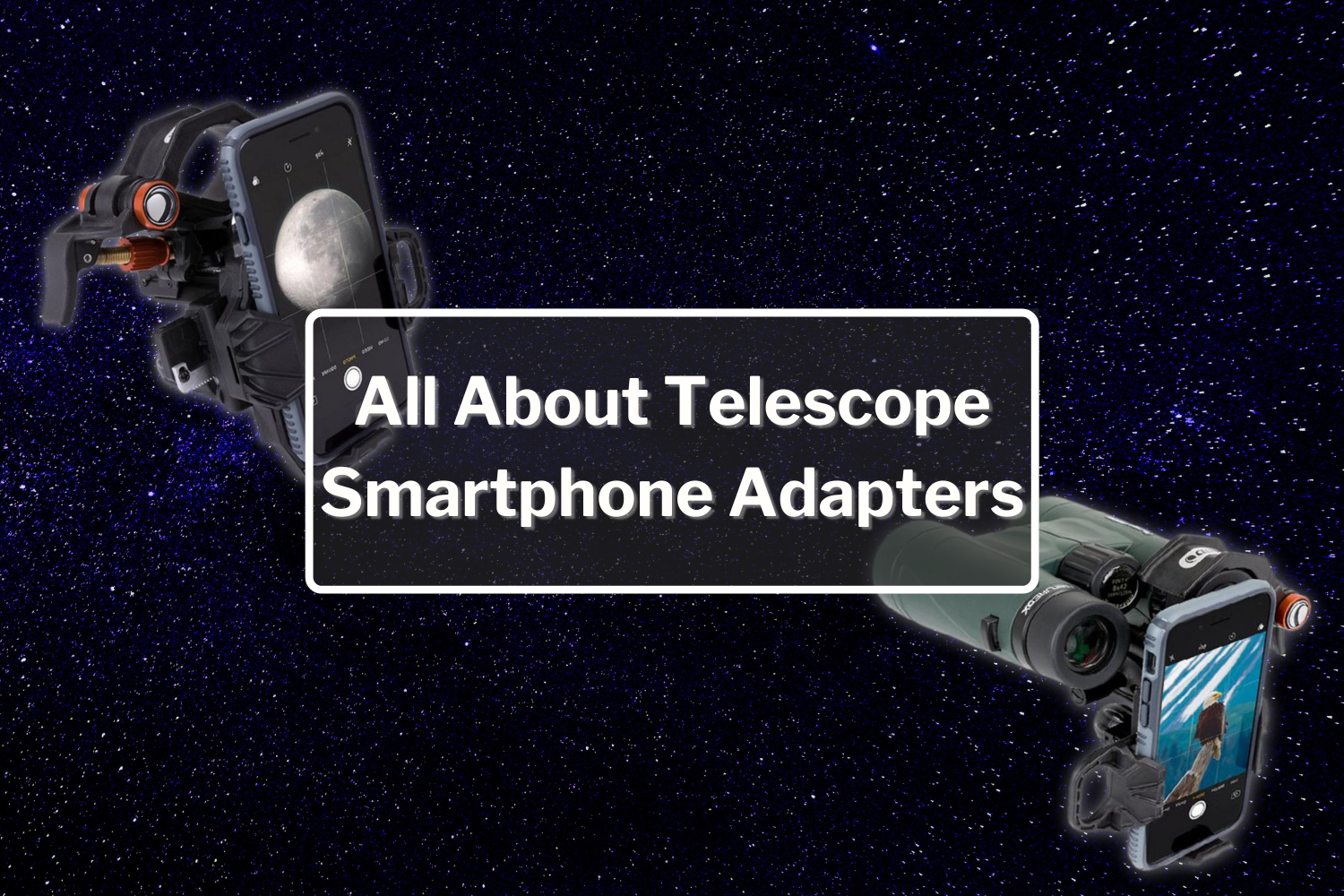Color and Monochrome Sensors with Dustin Gibson
Color and Monochrome Sensors with Dustin Gibson
One of the questions our imaging specialists get asked daily is do I need a color sensor or a monochrome sensor for astro-imaging? The quick answer is that you can use both! Both monochrome and color sensors have their benefits and both have their drawbacks.
Astrophotography Camera Sensors
When you're thinking about sensors you really need to think of it as the net you're going to use to catch this light. If you take for instance the Andromeda galaxy, this light has been traveling for trillions of miles and millions of years to get to you and there's not a lot of it. It's not like looking around and taking a picture out in your backyard or of a city. You're taking a picture into a spot that's relatively dark in space and you're having to do long exposures to capture that light. So when we're looking at the sensors, you have an RGGB patternon the color sensor that stands for red, green, green, blue and these are literally filters over every single pixel that's going to capture a specific wavelength of light.
A green filter on your camera's sensor is going to keep everything out except for the green light. Same thing applies with red and blue. This doesn't happen on the monochrome sensor so any light that hits it, it just registers as "we saw light." That's it.
How Do Color Sensors Filter Data?
With the color sensor, what can end up happening is if red light hits the blue pixel or the green pixel it gets rejected. It can't get through. The rejected light doesn't get captured. When you're looking into space, if you're looking at the Andromeda galaxy, the color you're probably not going to see a lot of is green. You're mostly going to see red and blue, and this is okay except for the fact that half of the pixels are covered in green filters. This is perfect when you're shooting out and you're shooting landscapes and things like that, but it's not so good when you're shooting into space.
Generally half your data right off the top is going to get cut and a lot of times when you consider that red light isn't always going to find the red filter and the same thing with blue, you're going to lose even more than that. A lot of times it can be 75% - 80% of the data gone. With a monochrome sensor you're going to capture as much light as your quantum efficiency of your sensor allows.
Quantum Efficiency
The quantum efficiency of you sensor is basically, if 100 hits and your quantum efficiency is 70, you're going to catch 70 of that 100. It's just the easier way to think about it.
The Benefits of Monochrome Camera Sensors
With monochrome you're catching a lot more light, generally 80% more, and you're also going to have more control because you're choosing which filter goes over the entire sensor so you can capture red independently then green then blue stack them on top and get the same type of color image. You can get the data a lot more quickly that way with a monochrome sensor. You can also use filters that are highly specialized to capture very specific wavelengths and that's one of the best benefits because you can now capture light from cities. Whereas with a color sensor, you may not be able to because you're gonna pick up all of the noise in the image with signal being your target and noise being everything else including the light pollution.
Although monochrome camera sensors have a lot of benefits, color sensors are a great choice as well because of the technology that has been engineered into the latest sensor designs. If you have any questions please contact us!
Let us know below what kind of camera sensor you prefer. Clear skies!


